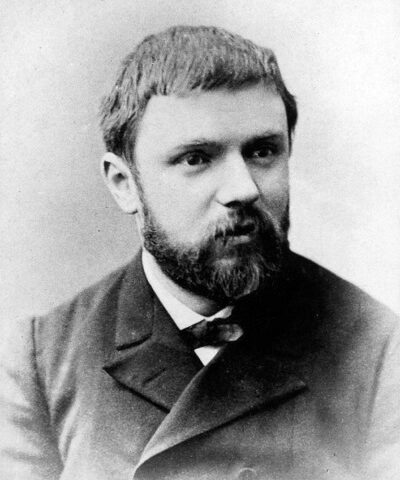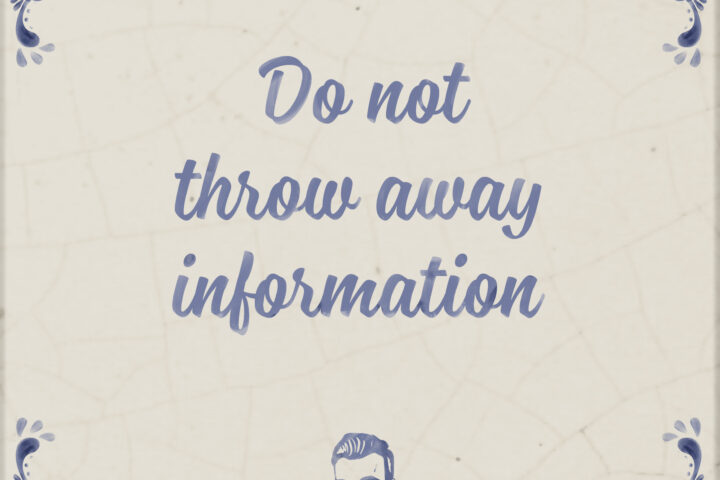The Dutch government is about to unleash upon academia a series of draconian budget cuts coupled with a series of other measures that will stunt the growth of the Dutch knowledge-based economy to the maximum extent possible. What is Dutch academia to do? A large protest is planned on November 14th, but no one will listen. The current government was elected based on its anti-immigrant policies and its anti-intellectual stance; the politicians in charge are not our friends. The current protest suffers from the illusion that the government is susceptible to reasonable argument and will start to change course when academics state their dissatisfaction with the proposed cuts. No! The only effective strategy will be not to bare our teeth, but to bite. In my opinion, this means some sort of strike, and one that really hurts…and it may need to hurt our students who cannot graduate or take exams.
In these stressful times it is soothing to turn to the words of Henri Poincaré (1854-1912), the famous mathematician and philosopher of science who published three accessible and highly recommended books on science: “Science and Hypothesis”, “The Value of Science”, and “Science and Method” – a trilogy is now available as “The Foundations of Science”. Here are four quotations from Poincaré on the value of science:
“The men most disdainful of theory get from it their daily bread”
You have doubtless often been asked of what good is mathematics and
whether these delicate constructions entirely mind-made are not artificial
and born of our caprice.
(…) practical people ask of us only the means of money-making. These
merit no reply; rather would it be proper to ask of them what is the good
of accumulating so much wealth and whether, to get time to acquire it,
we are to neglect art and science, which alone give us souls capable of
enjoying it, ‘and for life’s sake to sacrifice all reasons for living.’
Besides, a science made solely in view of applications is impossible;
truths are fecund only if bound together. If we devote ourselves solely
to those truths whence we expect an immediate result, the intermediary
links are wanting and there will no longer be a chain.
The men most disdainful of theory get from it, without expecting it,
their daily bread; deprived of this food, progress would quickly cease,
and we should soon congeal into the immobility of old China.
The Conquests of Industry
if I admire the conquests of industry, it is above all because if they
free us from material cares, they will one day give to all the leisure to
contemplate nature. I do not say: Science is useful, because it teaches us
to construct machines. I say: Machines are useful, because in working
for us, they will some day leave us more time to make science.
The Goal of Science is Knowledge
It should not even be said that action is the goal of science; should we
condemn studies of the star Sirius, under pretext that we shall probably
never exercise any influence on that star? To my eyes, on the contrary, it
is the knowledge which is the end, and the action which is the means.
The Beauty of Nature
The scientist does not study nature because it is useful; he studies it because he delights in it, and he delights in it because it is beautiful. If nature were not beautiful, it would not be worth knowing, and if nature were not worth knowing, life would not be worth living.
References
Poincaré, H. (1913). The Foundations of Science. Translated by G. B. Halsted. New York: The Science Press. This trilogy comprises the English translations of Poincaré’s earlier books on the philosophy of science: Science and Hypothesis (1902), The Value of Science (1905), and Science and Method (1908). Poincaré was not only a famous mathematician but also a gifted writer.



